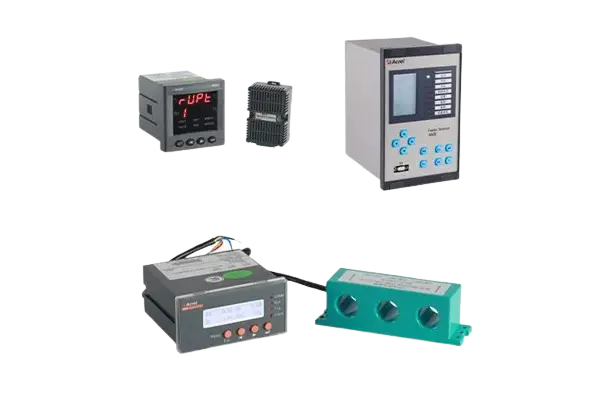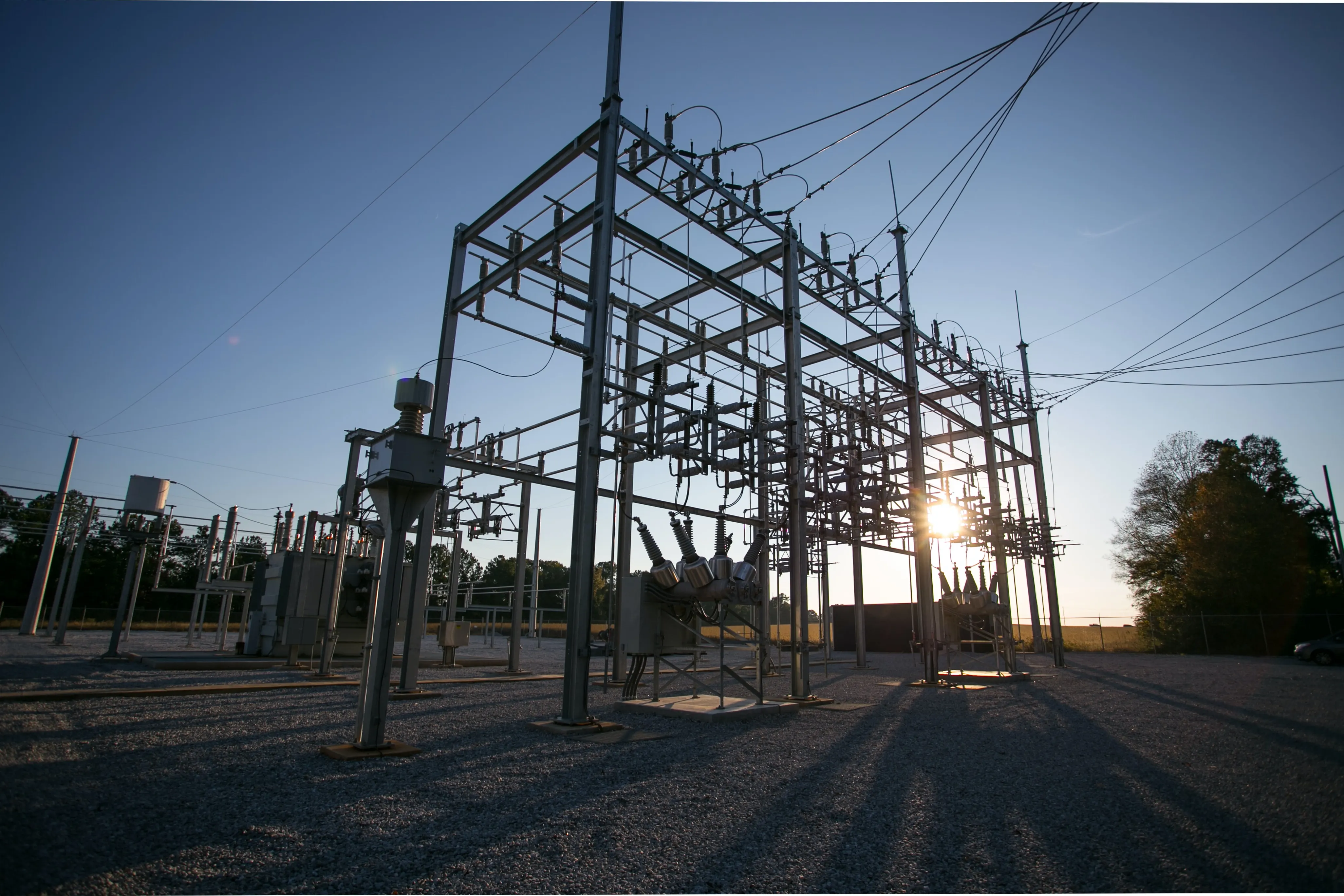

In an age where energy efficiency and accuracy are paramount, programmable power meters are emerging as indispensable tools for various industries. These advanced devices are revolutionizing the way we measure, monitor, and manage electrical power. In this article, we'll explore the world of programmable power meters and their transformative impact on energy management and beyond.
A programmable power meter, also known as a digital or smart power meter, is a sophisticated device designed to measure electrical parameters with unparalleled precision. Unlike traditional analog meters, programmable power meters can be customized and programmed to meet specific needs. They offer an array of features and benefits that extend far beyond basic power measurement.
Programmable power meters provide highly accurate measurements of key electrical parameters, including voltage, current, power factor, frequency, and more. This level of precision is crucial for industries where even minor variations can lead to significant losses or safety concerns.
One of the standout features of programmable power meters is their ability to collect and analyze data tailored to specific applications. Users can configure these meters to capture data at precise intervals and gather insights into power quality, consumption patterns, and system performance.
In today's fast-paced world, real-time information is invaluable. Programmable power meters offer continuous monitoring capabilities, enabling users to detect anomalies or fluctuations instantly. These meters can trigger alerts or alarms when predefined thresholds are exceeded, allowing for rapid response to critical situations.
Efficient energy management is a top priority for businesses and organizations striving to reduce operational costs and environmental impact. Programmable power meters provide the data needed to identify energy-saving opportunities, optimize power usage, and minimize wastage.
The "smart" aspect of programmable power meters extends beyond their measurement capabilities. These meters can integrate with building management systems (BMS), industrial automation systems, and the Internet of Things (IoT). This integration allows for centralized control and automation of power-related functions, further enhancing energy efficiency and convenience.
Programmable power meters find applications in a wide range of industries:
In manufacturing, precise energy measurement is crucial for cost control and process optimization. Programmable power meters help identify energy-intensive processes and monitor power quality, leading to more efficient operations.
Data centers rely on programmable power meters to monitor power usage, detect irregularities, and ensure continuous uptime. These meters play a pivotal role in maintaining the reliability of critical IT infrastructure.
In renewable energy installations, programmable power meters help manage the generation and distribution of power from sources like solar panels and wind turbines. They ensure that energy is harnessed efficiently and fed into the grid or stored for later use.
Building owners and managers use programmable power meters to optimize energy usage, reduce costs, and meet sustainability goals. These meters contribute to a more comfortable and environmentally friendly indoor environment.
The programmable power meter is a testament to the relentless pursuit of precision and control in the realm of energy management. Its ability to provide accurate measurements, customizable data collection, real-time monitoring, and seamless integration with smart systems positions it as a valuable asset for industries seeking to enhance efficiency, reduce costs, and contribute to a sustainable future. As technology continues to advance, we can expect programmable power meters to play an increasingly vital role in shaping the way we measure and manage electrical power.
 English
English 日本語
日本語 한국어
한국어 français
français Deutsch
Deutsch Español
Español italiano
italiano русский
русский português
português tiếng việt
tiếng việt Türkçe
Türkçe العربية
العربية










